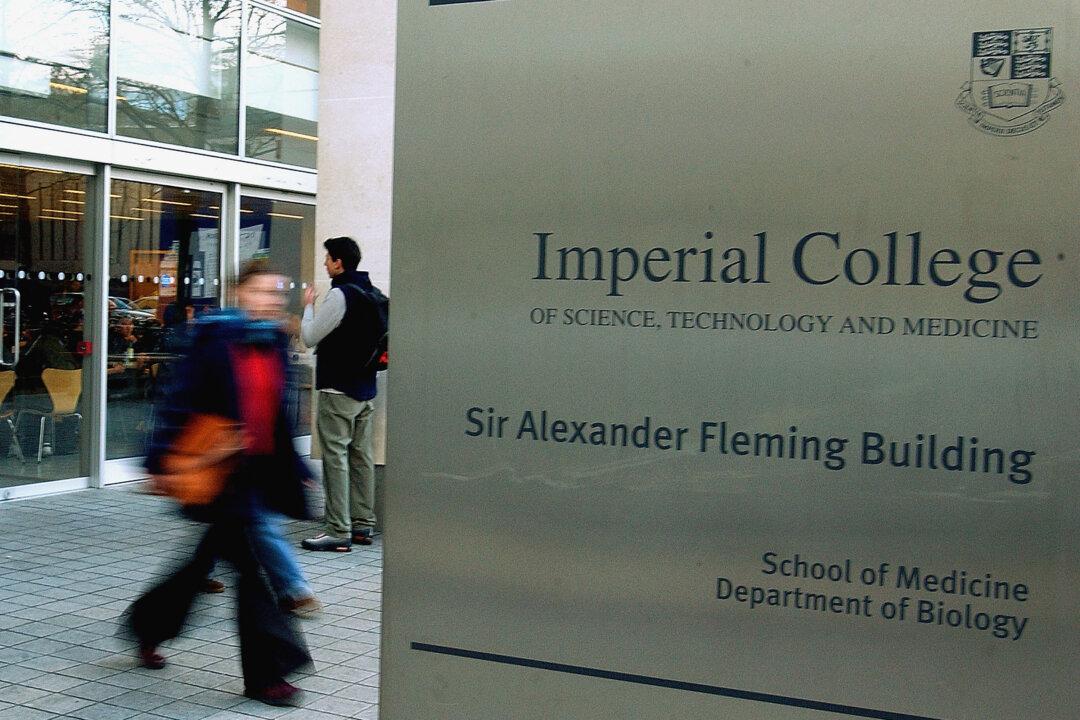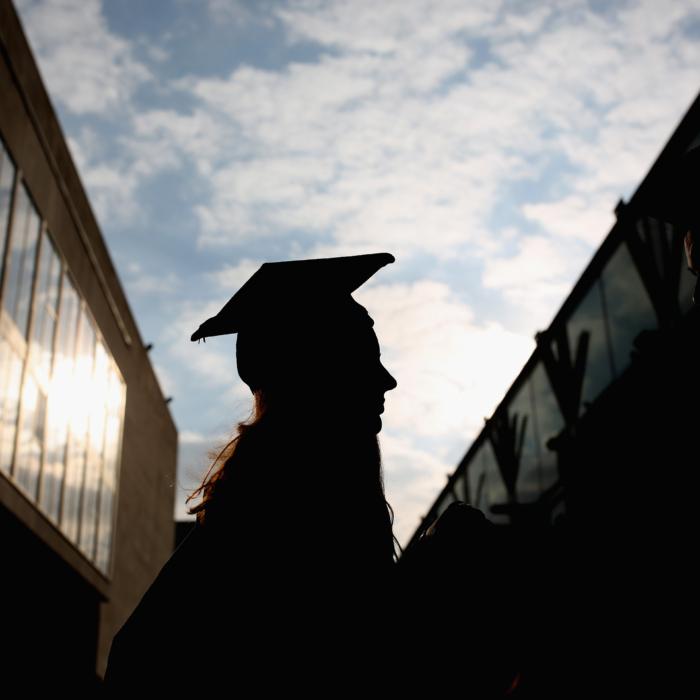Deputy Prime Minister Oliver Dowden has said the government is examining its rules following reports of research collaborations between a top British university and Chinese institutions with military links.
Mr. Dowden said he takes the issue “extremely seriously,” and that the government is looking at what more can be done to protect the UK’s academic sector.
The report also said the research could potentially have military applications.
High risk research, particularly with military or dual application, is increasingly subject to export control.
A number of China-funded research labs in British universities have been closed in recent years, including ICL’s Avic Centre for Structural Design and Manufacturing and the BIAM-Imperial Centre for Materials Characterisation, Processing and Modelling.
However, experimental or theoretical works not directed towards a specific practical aim or goal are exempt from the rule, leaving room for collaborations on new technologies that can potentially be used for military purposes.
“I take this issue extremely seriously,” the deputy prime minister told the FT. “We are reviewing provisions which protect our academic sector and identifying what more can be done to respond robustly and in the national interest.”
Two of the papers identified in the report involved universities that are part of the Chinese Communist Party’s so-called “Seven Sons of National Defence.”
Ti-6Al-4V is a versatile titanium alloy with a wide range of applications including in biomechanics and aerospace.
One researcher from Beijing Xinghang Electro-Mechanical Equipment Co., Ltd, a state-owned defence manufacturer, was credited with data curation.
CFRP materials also have a wide range of applications including in aerospace.
A third paper on a thermal management system for high-power li-ion battery packs involved researchers from China’s Hebei Agricultural University and one academic from the Army Military Transportation University.
High-power li-ion battery packs have applications in areas such as electric cars, military, and aerospace.
Another paper co-authored by researchers at ICL, University of Liverpool, Cranfield University, and China’s Wuhan University of Technology, which is under the auspice of the State Administration of Science, Technology, and Industry for National Defence, examined how thermoplastic fibre-metal laminates responded to explosions in a confined space.
The report also said a fifth research paper was done in collaboration with the state-owned Shougang Research Institute of Technology, which it said supplies steel to the Chinese military.
“The study examined the material limits of a class of advanced high-strength steel that has been proposed for use in civil and military applications,” the report said.
ICL didn’t respond to The Epoch Times’ request for comment. In a statement to the FT, the university said, “We regularly review our policies in line with evolving government guidance and legislation, working closely with the appropriate government departments, and in line with our commitments to UK national security.”
When other sources with “demonstrable links with the Chinese military” are included, the proportion became up to one-third.







